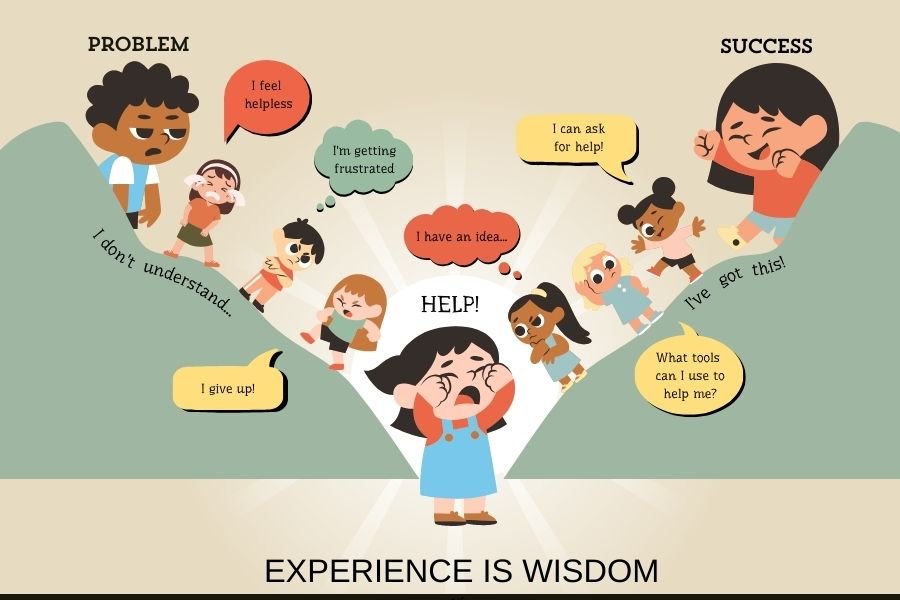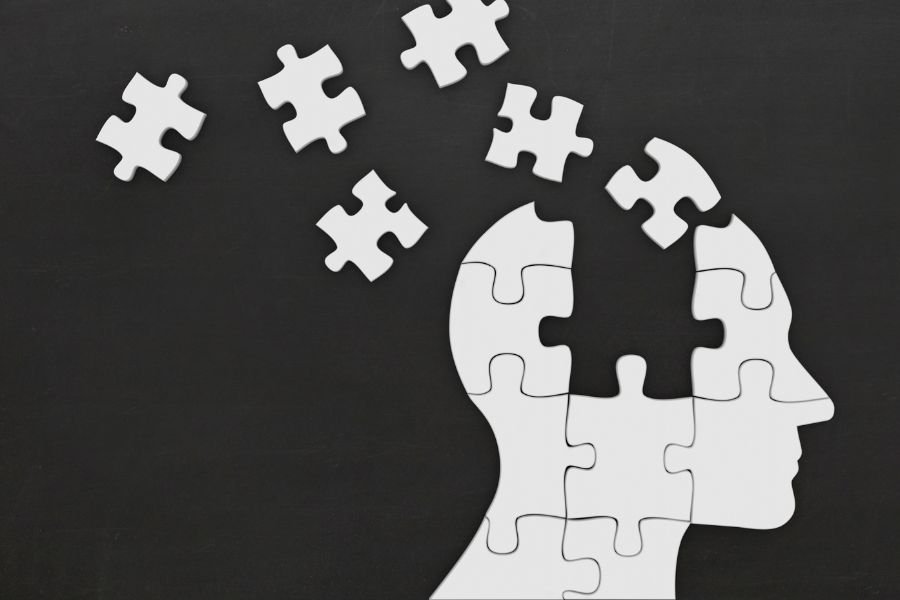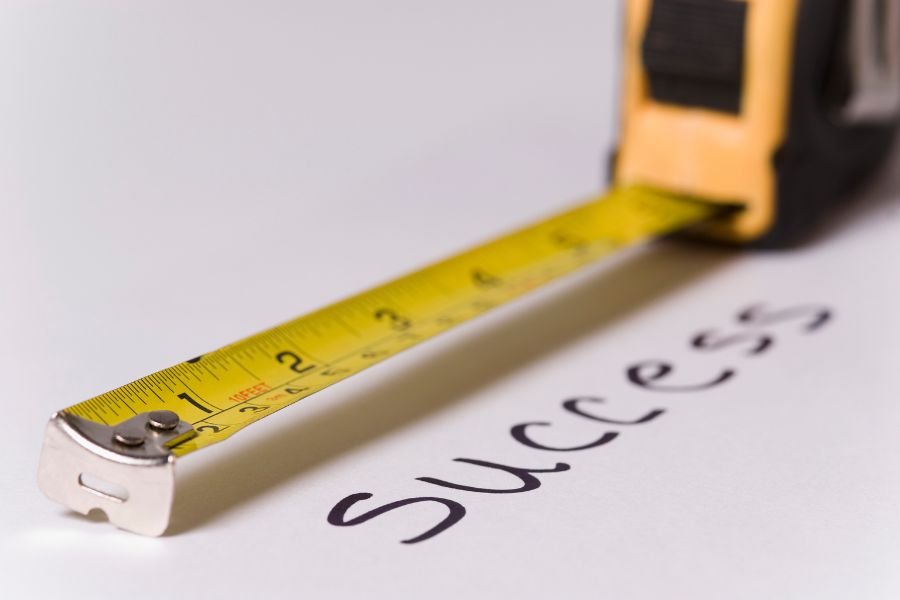I believe you, I, and all those who will come across this blog belong to the little population with the privilege of thinking and reading. Our school, the first institution of our lives, where we were taught how to read and write, has given us some beautiful memories to reminisce about. There is something extremely nostalgic I remember now.
As a young student, I never quite understood the system of reading my textbooks and answering questions for marks. Nevertheless, I did so. One particular activity helped me get through my exams quickly, and I felt it was much easier than reading elongated chapters. It was listening.
Listening to my teachers and engaging in practical debates helped me acquire a deeper understanding of the topic and helped me get through all the answers in my exams smoothly. I was able to secure good grades throughout my entire school life. This activity has largely helped me in all areas of my life.

Listening to my teachers and applying that knowledge to perform well in exams can be considered observational learning, an experiential learning component. Experiential learning is a process through which students develop knowledge, skills, and values from direct experiences outside a traditional academic setting. It encompasses a variety of activities that include, but are not limited to, hands-on laboratory experiments, internships, practicums, field exercises, and studio performances.
By actively listening in class, I engaged with the material in a real-world context, a crucial aspect of experiential learning. This approach emphasizes engaging and learning from experience rather than theoretical or abstract teaching.
The gap between textbook knowledge and experiential learning is a well-documented educational challenge. I am sure most of us, at a certain point during our school or college lectures, have questioned some of the theories or ideas that are directly bestowed upon us. If you are one of them, then kudos because you are among some of the most creative and intuitive minds.
There are many solutions to one problem, so why are we so fixated on solving it the only way we have been taught? That is where experiential learning comes in. It is a simple concept of learning through hands-on experience. It comes with experience and knowledge to solve a problem using different approaches.
Experiential learning is a process through which learners gain knowledge and skills by engaging in direct experiences and reflecting on them. It is a hands-on, active learning approach that emphasizes learning by doing and involves a cycle of action and reflection. This method contrasts with traditional academic learning, which often focuses on passively absorbing information through lectures and readings.
This cycle is often associated with the work of David Kolb, who developed the Experiential Learning Theory (ELT). Kolb’s model suggests that learning is a continuous process where knowledge is created through experience transformation. David Kolb’s Experiential Learning Theory (ELT) is associated with a learning cycle that suggests learning is a continuous process where knowledge is created through experience transformation. Kolb’s model, published in 1984, works on two levels: a four-stage learning cycle and four separate learning styles.
The four stages of the learning cycle are:
- Concrete Experience – where the learner actively experiences an activity such as a lab session or fieldwork.
- Reflective Observation – where the learner consciously reflects on that experience.
- Abstract Conceptualization – where the learner attempts to conceptualize a theory or model of what is observed.
- Active Experimentation – where the learner tries to plan how to test a model or theory or plan for a forthcoming experience.
Kolb states, “Learning is the process whereby knowledge is created through the transformation of experience” (Kolb, 1984, p. 38). This model emphasizes that effective learning occurs when a person progresses through a cycle of four stages: having a concrete experience followed by observation and reflection on that experience, which leads to the formation of abstract concepts and generalizations, which are then used to test a hypothesis in future situations, resulting in new experiences1.
Kolb’s holistic theory integrates experience, perception, cognition, and behavior. The cycle forms increasingly complex and abstract ‘mental models’ of whatever the learner is learning about.
Experiential learning, which involves learning through experience and reflection, is crucial in the real world for several reasons:
- Active Engagement: Experiential learning encourages active participation, leading to better information retention and understanding. When individuals engage in hands-on activities, they are more likely to remember what they have learned.
- Real-World Application: This type of learning bridges the gap between theoretical knowledge and practical application. It allows learners to apply concepts in real-world scenarios, making the learning process more relevant and meaningful.
- Skill Development: Experiential learning helps develop essential skills such as problem-solving, critical thinking, and decision-making. These skills are often best learned through practice rather than theoretical instruction.
- Immediate Feedback: In experiential learning, learners receive immediate feedback on their actions. This allows them to adjust their approach and improve their performance in real-time, enhancing the learning process.
- Personal Growth: Engaging in experiential learning often involves overcoming challenges and stepping out of one’s comfort zone. This can lead to increased self-confidence, resilience, and personal growth.
- Collaboration and Teamwork: Many experiential learning activities are collaborative, promoting teamwork and communication skills. These skills are vital in most professional and personal settings.
- Reflective Practice: Experiential learning emphasizes reflection on experiences. This reflective practice helps learners to critically analyze their actions and outcomes, leading to deeper understanding and continuous improvement.
- Adaptability: The dynamic nature of experiential learning prepares individuals to adapt to new situations and challenges. This adaptability is crucial in a fast-changing world where flexibility and innovation are highly valued.
- Motivation and Engagement: Learning through experience can be more engaging and motivating. When learners see the relevance of what they are doing and can directly connect it to real-world outcomes, their intrinsic motivation to learn increases.
- Holistic Learning: Experiential learning often involves emotional, social, and cognitive engagement, leading to a more holistic learning experience. It integrates various dimensions of learning, making it more comprehensive and practical.
With experiential learning comes wisdom and critical thinking skills. The theories we learn were founded hundreds of years back. With today’s information and technology, something new is being discovered daily. We, as humans, also keep learning something new every day, which is the baseline of our growth. We often want to apply our ideas in real life and add our experiences and creative ideas to all the existing theories as proper tools to handle any real-life personal or professional issue.
We at Antaha are deeply rooted in our approach to experiential learning. We strongly believe that experiential learning is the foundation of learning, growth, perspective shifts, creativity and wisdom. It boosts your career and personal development. So, we call upon you today to take action for yourself, your career and your growth.
Join our supportive community today on this journey, where we will guide you in discovering your best self and achieving all your goals by developing a unique approach catered to your needs. We are in this together and will see you thrive together, too. So do not delay, and start taking control of your life today!














